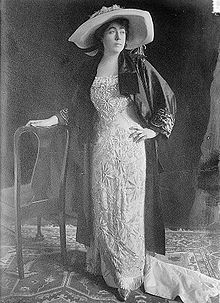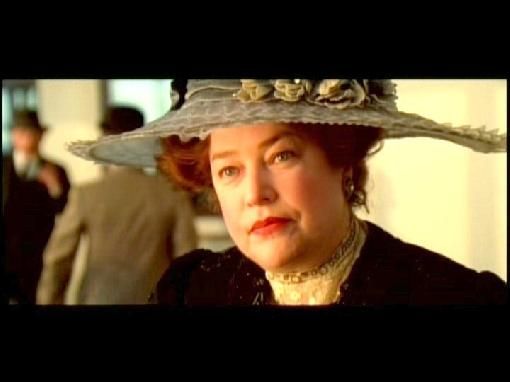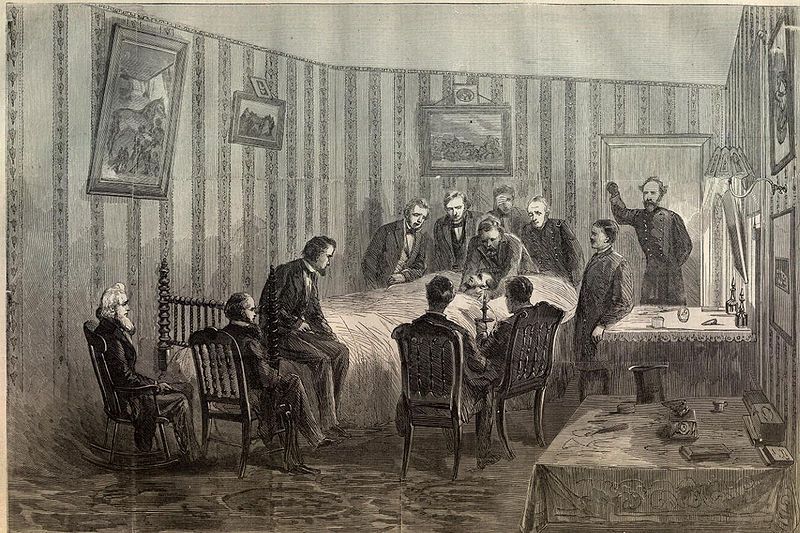The assassination of President of the United States Abraham Lincoln took place as the American Civil War was drawing to a close, just five days after the surrender of the commanding general of the Army of Northern Virginia, Robert E. Lee, and his battered [Army of Northern Virginia to General Ulysses S. Grant. Lincoln was the first American president to be assassinated, though an unsuccessful attempt had been made on Andrew Jackson in 1835.
The assassination was planned and carried out by well-known actor John Wilkes Booth as part of a larger conspiracy intended to rally the remaining Confederate troops to continue fighting. Booth plotted with Lewis Powell and George Atzerodt to kill Secretary of State William H. Seward and Vice President Andrew Johnson as well.
Lincoln was shot while watching the play Our American Cousin at Ford’s Theatre in Washington, D.C. with his wife, Mary Todd Lincoln . He died the next morning. The rest of the plot failed. Powell only managed to wound Seward, while Atzerodt, Johnson’s would-be assassin, lost his nerve and fled.
Death of President Lincoln
Dr. Charles Leale, a young Army surgeon on liberty for the night and attending the play, made his way through the crowd to the door at the rear of the Presidential box. It would not open. Finally Rathbone saw a notch carved in the door and a wooden brace jammed there to hold the door shut. Booth had carved the notch there earlier in the day and noiselessly put the brace up against the door after entering the box. Rathbone shouted to Leale, who stepped back from the door, allowing Rathbone to remove the brace and open the door.
Leale entered the box to find Rathbone bleeding profusely from a deep gash that ran the length of his upper left arm. Nonetheless, he passed Rathbone by and stepped forward to find Lincoln slumped forward in his chair, held up by Mary, who was sobbing. Lincoln had no pulse and Leale believed him to be dead. Leale lowered the President to the floor. A second doctor in the audience, Dr. Charles Sabin Taft, was lifted bodily from the stage over the railing and into the box. Taft and Leale cut away Lincoln’s blood-stained collar and opened his shirt, and Leale, feeling around by hand, discovered the bullet hole in the back of the head by the left ear. Leale removed a clot of blood in the wound and Lincoln’s breathing improved. Still, Leale knew it made no difference: “His wound is mortal. It is impossible for him to recover”.
Leale, Taft, and another doctor from the audience, Dr. Albert King, quickly consulted and decided that while the President must be moved, a bumpy carriage ride across town to the White House was out of the question. After briefly considering Peter Taltavull‘s Star Saloon next door, they chose to carry Lincoln across the street and find a house. The three doctors and some soldiers who had been in the audience carried the President out the front entrance of Ford’s. Across the street, a man was holding a lantern and calling “Bring him in here! Bring him in here!” The man was Henry Safford, a boarder at William Petersen’s boarding house opposite Ford’s. The men carried Lincoln into the boarding house and into the first-floor bedroom, where they laid him diagonally on the bed because he was too tall to lie straight.
A vigil began at the Petersen House. The three physicians were joined by Surgeon General of the United States Army Dr. Joseph K. Barnes, Dr. Charles Henry Crane, Dr. Anderson Ruffin Abbott, and Dr. Robert K. Stone. Crane was a major and Barnes’ assistant. Stone was Lincoln’s personal physician. Robert Lincoln, home at the White House that evening, arrived at the Petersen House after being told of the shooting at about midnight. Tad Lincoln, who had attended Grover’s Theater to see Aladdin and the Wonderful Lamp, was not allowed to go to the Peterson House.
Secretary of the Navy Gideon Welles and United States Secretary of War Edwin M. Stanton came and took charge of the scene. Mary Lincoln was so unhinged by the experience of the assassination that Stanton ordered her out of the room by shouting, “Take that woman out of here and do not let her in here again!” While Mary Lincoln sobbed in the front parlor, Stanton set up shop in the rear parlor, effectively running the United States government for several hours, sending and receiving telegrams, taking reports from witnesses, and issuing orders for the pursuit of Booth.
Nothing more could be done for President Lincoln. At 7:22 a.m. on April 15, 1865, he died. He was 56 years old. Mary Lincoln was not present at the time of his death. The crowd around the bed knelt for a prayer, and when they were finished, Stanton said, “Now he belongs to the ages”. There is some disagreement among historians as to Stanton’s words after Lincoln died. All agree that he began “Now he belongs to the…” with some stating he said “ages” while others believe he said “angels”



 The actor Kathy Bates, who portrayed Margaret “Molly” Brown in the movie Titanic, bears an uncanny resemblance to Margaret Brown.
The actor Kathy Bates, who portrayed Margaret “Molly” Brown in the movie Titanic, bears an uncanny resemblance to Margaret Brown.
Recent Comments